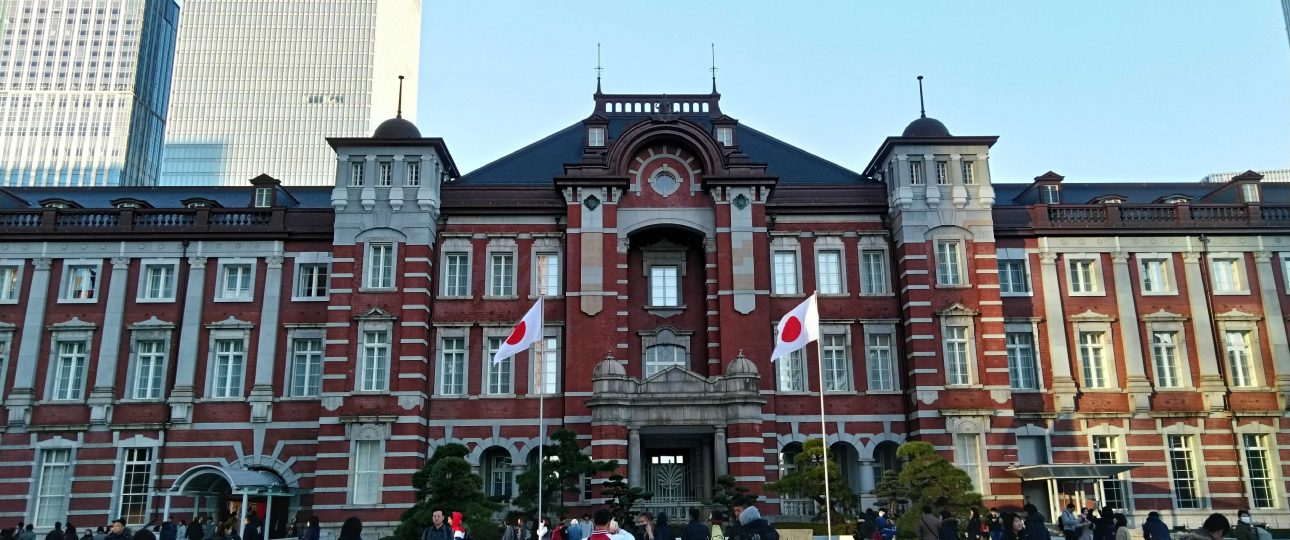How innovative Japan is
Taking a tour of Japan is like entering a different world. Almost 10% of the world’s most innovative companies are based here. Overcoming challenges inspires people all over the world to be more creative and innovative.
The widespread belief is that technology and innovation have a significant impact on a country’s economic progress. There is an endless supply of inspiration for people all over the world to build their creations and benefit everyone, no matter how small or large the impact will be. These are the Japan’s timeline impact on innovation: bullet trains (1964), pocket calculators (1970), Walkman (1979), blue LED lights (the early 1990s), and Android robots (2003). Japan has maintained its reputation as one of the most innovative countries in recent decades.
Bullet Trains
Maintaining Order and Cleanliness
Japan has a strong cleaning culture. There is this traditional cleaning practice called ‘Soji’ which is common in Japanese schools. There are street workers keeping the streets and train stations clean. Posting common street signs on buildings to remind everyone to maintain a clean area. This has a significant impact in Japan, assisting in the creation of a clean and healthy environment.
Aside from ‘Soji’ that the Japanese practices, there are technologies that can help people maintain their cleaning habits. The goal of a Japanese appliance company is to create better appliances for every household. Some toilets are similar to the Japanese super toilets. These models are flexible to meet provide comfort to toilet users by adjusting to the ideal temperature, pressure, and even angle for anyone. This way bathroom hygiene will improve and helps you save money by reducing the amount of toilet paper and single-use wipes.
The most common issue with public restrooms is keeping them clean and sanitary. In japan usual impression on public restrooms are dark, smelly and dirty.
This fascinating restroom can be found in the parks of Shibuya, Tokyo. Its walls are completely transparent, which sets it apart from the rest of the public restrooms. The knob inside each cubicle serves as a switch on the doorknob that blurs the walls to provide privacy. Architects that made this possible uses smart glass as a foundation for the restroom which makes people feel comfortable using public toilets. This helps fostering a spirit of hospitality for the person using the restroom.
Japan’s working routine is changing, and this became an opportunity to use technology to preserve Japan’s Soji culture. We use home appliances on a daily basis, with a better chance for improvement. Bladeless fans, bread machines, electric rice cookers, and automatic toilet bidets are just a few of the new and improved appliances available in Japan. In Nakajima, Japan, show an aspiring way of cleaning their canals. One that the world should strive for is what Nakajima, Japan uses to clean their canals.
Japan made its innovation accessible to every part of the world. The main goal for this is to remind everyone that cleanliness and practicality what helps create a harmonious environment.
Garbage rules in Japan
Disaster prevention from natural calamities
How well prepared is Japan for natural disasters?
Floods have been devastating and deadly in Japan for a long time. Their engineers are constantly working to improve their methods for dealing with flood water in urban areas, which is rapidly expanding. The 25.4-meter-high water storage tank supported by 59 pillars that the engineers made is what they call the “G-Cans Project”. The command center located at Saitama, Japan controls on collecting and releasing the floodwaters. Latest information we hear from news media is about their flooding system. This demonstrates a possibility that if we take more precautions and attention to details to a quality household maintenance, many more people will be able to live in a safe home.
Convenience and Entertainment
Japan is the ultimate place of convenience. Businesses of all sizes and scales are indispensable contributors to global markets, and they never stop developing solutions. In Japan they highly supports these businesses creating a good relationship with new entrepreneurs.
There should be no limits on who should contribute in the working industry. Dawn Ver Beta Café, which is located in Tokyo, have waiting staffs entirely as robots. Some customers might find odd that having robots as a waiting staff somehow there is a reason. Workers with physical disabilities operate the machines in this café. This is for the sole purpose of helping disabled people gain more independence in their lives.
Japan offers tourists a variety of opportunities to learn and enjoy the country’s vibrant culture. With the influence that social media gives, there are vloggers that would feature Japan as their video content. One that was features is a government apartment with free admission and a low cost of living. Capsule hotels or pod hotel, is a type of hotel developed in Japan that features many small bed-sized rooms. The appearance of how these beds are set may appear intimidating for first-time visitor. The benefit of these hotels are their convenience and low price. It is now highly referred as one of the tourist-friendly place. Majority of video games originated in Japan, the majority of Japanese people are natural gamers. This shows how many Japanese gamers are naturals at it.
Arcade Gaming
Effortless and Environment Friendly
Japan is home to some of the world’s most widely used inventions. Most companies made major inventions they have been meticulously planning to create with high standards. They openly demonstrate their productions to be able to educate future inventors. Japan has a significant advantage in that they consider nature throughout the process. In recent years, Japan has worked to promote university-industry collaboration, protect intellectual property rights, and encourage startup companies to innovate. And with this approach their years of effort have yielded high-quality, light-weight, environmentally friendly, and cost-effective products that provide the masses with everlasting convenience.
In the Philippines we are used to seeing Japanese car brands that are used by most Filipinos. Brands that are well-known throughout the world for their high quality and widespread utility are: Toyota, Honda, Nissan, Subaru, and many more. Again, Japan’s vending machines, which number in the millions and counting across the country, have no bounds. One automated parking garage has a significant impact on keeping roads and areas open and safe for pedestrians. Their innovations aren’t solely technological. Hand-operated tools like cutter, scissors, etc. are not in demand with cutting some snack packages. With the improvements of the food and beverage packaging it became easier to access it.
Push button signal
Japanese pedestrian crossing
For more information: JAPANGOV




